Results
-
 £94.30
£94.30OLD ENGLISH DANCES (Intermediate Band) - Fernie, Alan
Includes: Pastime With Good Company; My Selfe; King's Hunting Jigg. Grade: Medium.
Estimated dispatch 7-14 working days
-
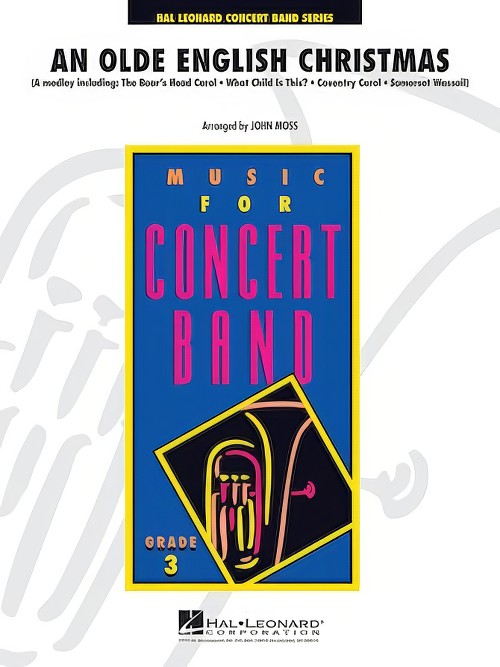 £64.99
£64.99OLDE ENGLISH CHRISTMAS (Concert Band) - Moss, John
Here is a creative treatment of traditional carols that is destined to become a holiday favourite for years to come. Includes: The Boar's Head Carol as a reccurring theme with What Child Is This?, Coventry Carol and the lesser known gem Somerset Wassail. A truly exceptional work.
Estimated dispatch 7-14 working days
-
 £71.28
£71.28Prelude on an Old English Hymn
Based on the famous hymn "All Creatures of Our God and King", Robert Sheldon's magnificent composition is an impressive work for better bands. Superb scoring is combined with wonderful writing for mallets and percussion to make this piece an outstanding for contest or concert.
Estimated dispatch 7-14 working days
-
 £20.79
£20.79Three English Carols
Featuring ``The Friendly Beast,'' ``Good King Wenceslaus,'' ``I Saw Three Ships'' in a versatile arrangement that can be split into single segments or performed as a medley.
Estimated dispatch 7-14 working days
-
 £18.81
£18.81Three English Folk Songs (Concert Band - Score and Parts)
Down home funky rock tune that should be a favorite concert piece for young players.
Estimated dispatch 7-14 working days
-
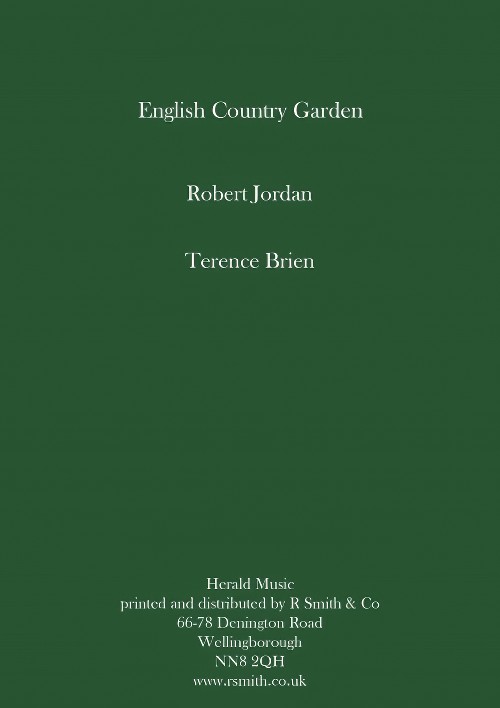 £29.95
£29.95English Country Garden (Concert Band - Score and Parts) - Jordan, Robert M. - Brien, Terence
An arrangement of this popular traditional folk song for concert band
Estimated dispatch 7-14 working days
-
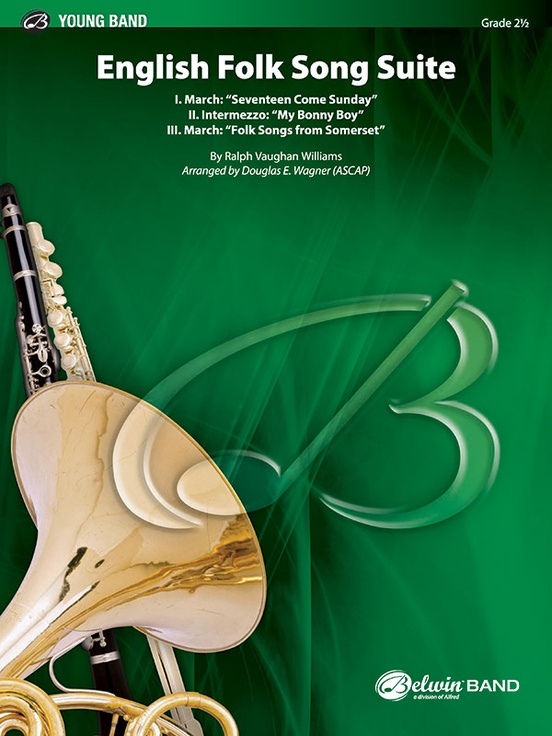 £76.95
£76.95English Folk Song Suite - Ralph Vaughan Williams / arr. Douglas E. Wagner
Indisputably one of the most significant concert band masterworks from the early 20th century. Respecting the dignity and historical significance of this band masterwork, this is a complete and unabridged scoring. Guaranteeing accessibility for developing bands, level-appropriate instrumentation, ranges, rhythms, key signatures, and meters have all been followed. Must-have repertoire for every library. A contest winner! (12:30) This title is available in MakeMusic Cloud.
Estimated dispatch 3-5 working days
-
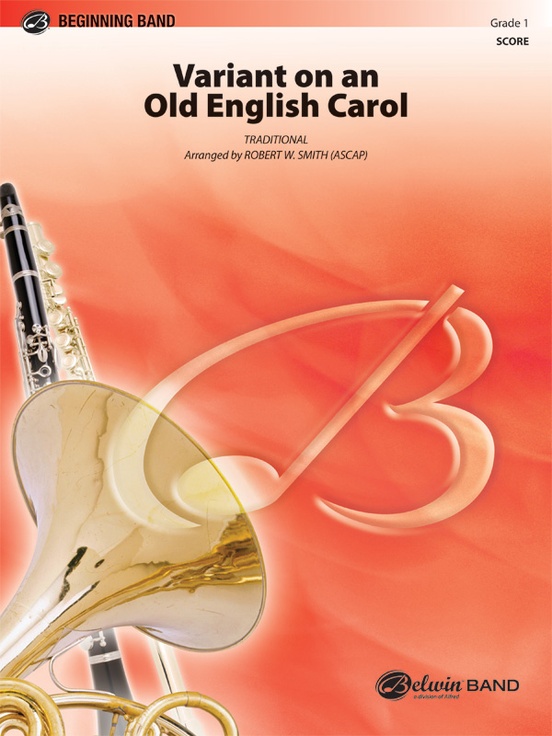 £55.50
£55.50Variant on an Old English Carol
Based on the classically familiar GREENSLEEVES, here is a poignant setting with musical lines from forceful to flowing. Robert W. Smith stamps the work with his unique sound sculpturing to give a highly atmospheric scoring. Minimal rehearsal time will be needed to assure a dramatic performance. Intense and satisfying! (2:11)
Estimated dispatch 3-5 working days
-
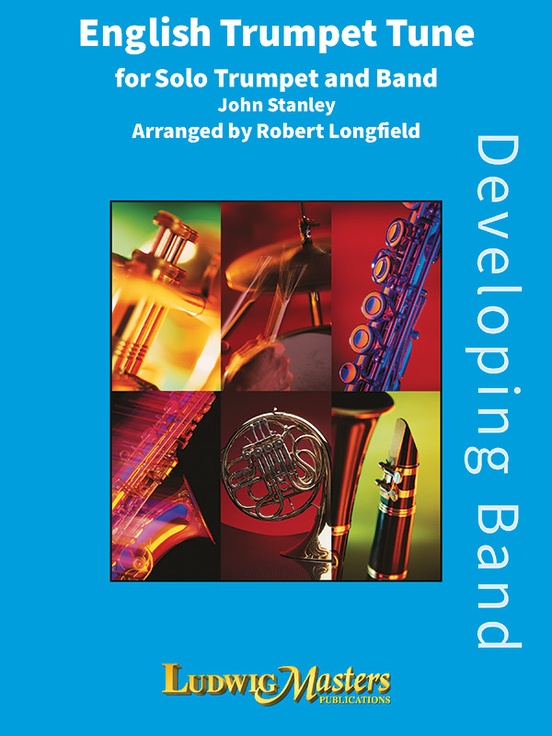 £50.50
£50.50English Trumpet Tune [trumpet solo with band] - John Stanley / arr. Robert Longfield
This solo for B-flat trumpet and concert band is in the style of a trumpet voluntary. It shows definite traits of the Baroque period with a little lean towards the approaching move to the Classical style. Brief and playable, this becomes the perfect vehic
Estimated dispatch 3-5 working days
-
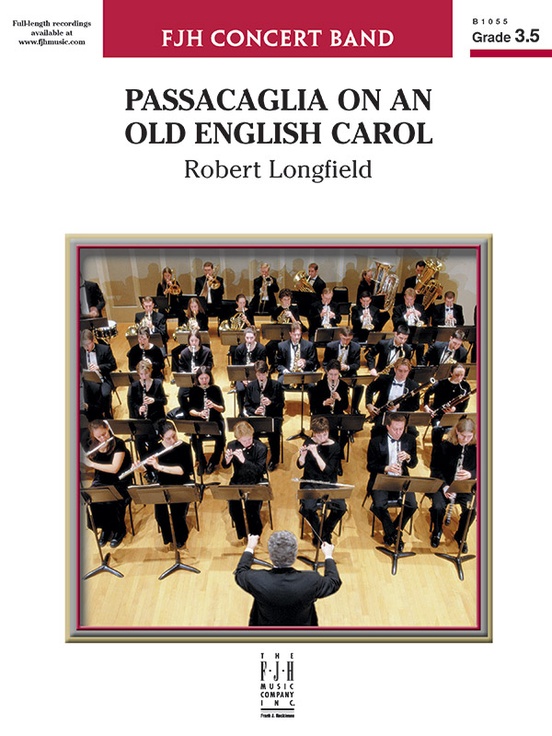 £58.50
£58.50Passacaglia on an Old English Carol - Robert Longfield
Here is a wonderful theme and variations setting of . The familiar 16th century hymn is skillfully transformed several times in a most interesting and innovative manner similar to J. S. Bach. A great teaching tool, and an exceptional choice for contests, festivals, or concerts. (4:30)
Estimated dispatch 3-5 working days
